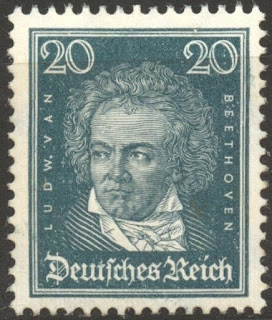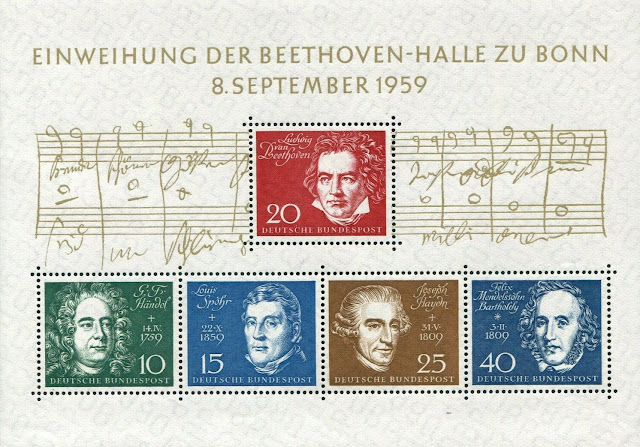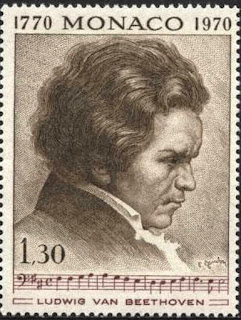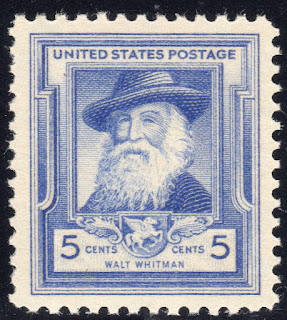Here are some events that happened on March 26th. It could be an event or a person that died or was born on that day
1636 – Utrecht University is founded in the Netherlands.
Utrecht University (UU; Dutch: Universiteit Utrecht, formerly Rijksuniversiteit Utrecht) is a public research university in Utrecht, the Netherlands. Established 26 March 1636 (384 years ago), it is one of the oldest universities in the Netherlands. In 2018, it had an enrolment of 31,801 students, and employed 7,191 faculty and staff. In 2018, 525 PhD degrees were awarded and 6,948 scientific articles were published. The 2018 budget of the university was €857 million.
Utrecht University counts a number of distinguished scholars among its alumni and faculty, including 12 Nobel Prize laureates and 13 Spinoza Prize laureates. Utrecht University has been placed in the top 100 universities in the world by five major ranking tables. The university is ranked the best university in the Netherlands by the Shanghai Ranking of World Universities 2019, ranking 13th in Europe and 49th in the world.
The university's motto is "Sol Iustitiae Illustra Nos," which means "May the Sun of Righteousness Enlighten Us". This motto was gleaned from a literal Latin Bible translation of Malachi 4:2. Rutgers University, having historical connections with Utrecht University, uses a modified version of this motto.
Utrecht University is led by the University Board, consisting of prof. dr. Henk Kummeling (Rector Magnificus), prof. dr. Anton Pijpers (Chair) and prof. mr. Annetje Ottow (Vice Chair).
Close ties are harbored with other institutions internationally through its membership in the League of European Research Universities (LERU), the Utrecht Network and the European University Association (EUA).
Dutch stamp issued in 1936 for the 300th anniversary of Utrecht University and a prestige booklet issued in 2011 for the 375th anniversary of Utrecht University
1827 Died: Ludwig van Beethoven, German pianist and composer (b. 1770)
Ludwig van Beethoven (baptized 17 December 1770 – 26 March 1827) was a German composer and pianist. A crucial figure in the transition between the classical and romantic eras in classical music, he remains one of the most recognized and influential musicians of this period, and is considered to be one of the greatest composers of all time.
Beethoven was born in Bonn, the capital of the Electorate of Cologne, and part of the Holy Roman Empire. He displayed his musical talents at an early age and was vigorously taught by his father Johann van Beethoven, and was later taught by composer and conductor Christian Gottlob Neefe. At age 21, he moved to Vienna and studied composition with Joseph Haydn. Beethoven then gained a reputation as a virtuoso pianist, and was soon courted by Prince Lichnowsky for compositions, which resulted in Opus 1 in 1795.
The piece was a great critical and commercial success, and was followed by Symphony No. 1 in 1800. This composition was distinguished for its frequent use of sforzandi, as well as sudden shifts in tonal centers that were uncommon for traditional symphonic form, and the prominent, more independent use of wind instruments. In 1801, he also gained notoriety for his six String Quartets and for the ballet The Creatures of Prometheus. During this period, his hearing began to deteriorate, but he continued to conduct, premiering his third and fifth symphonies in 1804 and 1808, respectively. His condition worsened to almost complete deafness by 1811, and he then gave up performing and appearing in public.
During this period of self exile, Beethoven composed many of his most admired works; his seventh symphony premiered in 1813, with its second movement, Allegretto, achieving widespread critical acclaim. He composed the piece Missa Solemnis for a number of years until it premiered 1824, which preceded his ninth symphony, with the latter gaining fame for being among the first examples of a choral symphony. In 1826, his fourteenth String Quartet was noted for having seven linked movements played without a break, and is considered the final major piece performed before his death a year later.
His career is conventionally divided into early, middle, and late periods; the "early" period is typically seen to last until 1802, the "middle" period from 1802 to 1812, and the "late" period from 1812 to his death in 1827. During his life, he composed nine symphonies; five piano concertos; one violin concerto; thirty-two piano sonatas; sixteen string quartets; two masses; and the opera Fidelio. Other works, like Für Elise, were discovered after his death, and are also considered historical musical achievements. Beethoven's legacy is characterized for his innovative compositions, namely through the combinations of vocals and instruments, and also for widening the scope of sonata, symphony, concerto, and quartet, while he is also noted for his troublesome relationship with his contemporaries.
Stamps from Germany and Monaco featuring Beethoven
1868 Born: King Fuad I of Egypt (d. 1936)
Fuad I (26 March 1868 – 28 April 1936) was the sultan and later king of Egypt and Sudan, sovereign of Nubia, Kordofan, and Darfur. The ninth ruler of Egypt and Sudan from the Muhammad Ali dynasty, he became sultan in 1917, succeeding his elder brother Hussein Kamel. He substituted the title of king for sultan when the United Kingdom recognized Egyptian independence in 1922.
Egyptian stamps depicting King Fuad I of Egypt
1892 Died: Walt Whitman, American poet, essayist, and journalist (b. 1819)
Walt Whitman (May 31, 1819 – March 26, 1892) was an American poet, essayist, and journalist. A humanist, he was a part of the transition between transcendentalism and realism, incorporating both views in his works. Whitman is among the most influential poets in the American canon, often called the father of free verse. His work was controversial in its time, particularly his poetry collection Leaves of Grass, which was described as obscene for its overt sensuality. Whitman's own life came under scrutiny for his presumed homosexuality.
Born in Huntington on Long Island, as a child and through much of his career he resided in Brooklyn. At age 11, he left formal schooling to go to work. Later, Whitman worked as a journalist, a teacher, and a government clerk. Whitman's major poetry collection, Leaves of Grass, was first published in 1855 with his own money and became well known. The work was an attempt at reaching out to the common person with an American epic. He continued expanding and revising it until his death in 1892. During the American Civil War, he went to Washington, D.C. and worked in hospitals caring for the wounded. His poetry often focused on both loss and healing. Two of his well known poems, "O Captain! My Captain!" and "When Lilacs Last in the Dooryard Bloom'd", were written on the death of Abraham Lincoln. After a stroke towards the end of his life, Whitman moved to Camden, New Jersey, where his health further declined. When he died at age 72, his funeral was a public event.
Whitman's influence on poetry remains strong. Mary Whitall Smith Costelloe argued: "You cannot really understand America without Walt Whitman, without Leaves of Grass ... He has expressed that civilization, 'up to date,' as he would say, and no student of the philosophy of history can do without him." Modernist poet Ezra Pound called Whitman "America's poet ... He is America."
US stamps depicting Walt Whitman












No comments:
Post a Comment